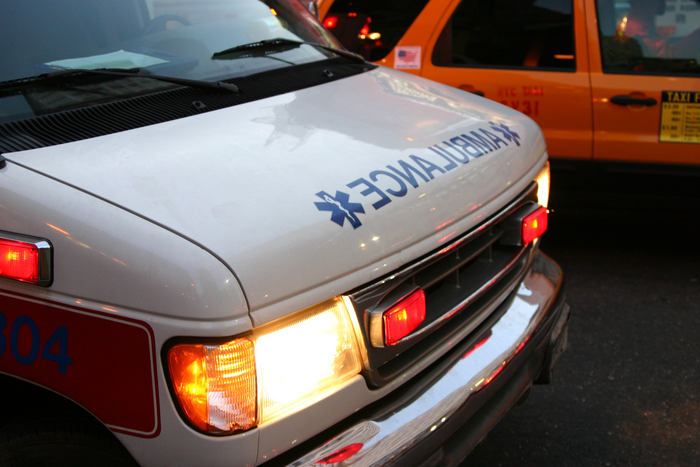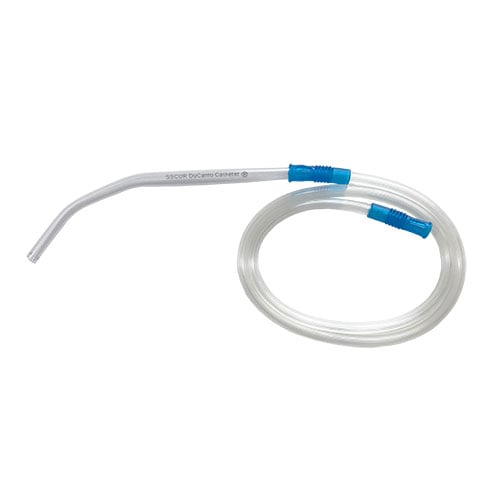
Each change of season brings special challenges for EMS professionals. Depending on where you live, and the climate in which you respond, temperature extremes can dictate specific precautions when it comes to equipment maintenance. In the extreme north, where heavy snowfall impedes response, specialized gear such as tires and protective clothing may need to be employed.
But in the waning months of summer, when the temperature can soar to dangerous levels, we must take special precautions to protect our equipment and ensure it remains functional, even under extreme conditions. And one of the most crucial pieces of equipment is your portable suction machine. So, let's discuss some of the tips of the trade when it comes to summertime suction machine maintenance.
PROTECTING EMS EQUIPMENT
High temperatures can wreak havoc on EMS equipment. Drugs must be kept in climate-controlled compartments and boxes, so when it's extremely hot outside, you must take precautions to ensure they are not overheated. This may mean carrying your drug box inside the station, or keeping your unit running when it’s outside.
The dangerous effects of heat can also affect your portable suction machine. Here are a few examples:
Inner Components - Although quality suction machines are built to withstand the punishing conditions of emergency response, they rely on batteries that can be affected by extreme heat. Just as you would avoid leaving your laptop in an enclosed vehicle where high temperatures may impact electrical components and batteries, the same can be said of your portable suction machine.
Adjuncts - Many of the adjuncts that accompany your portable suction machine, such as tubing and flexible catheters, can be affected by extreme temperatures, which means you should avoid exposing your unit to high heat conditions.
Suction Accessories - If you store lubricating gel or saline for unclogging catheters with your portable suction machine, keep in mind that these can be affected by high temperatures and should be checked on a regular basis (at the beginning of each shift).
SUMMERTIME SCENARIOS REQUIRING SUCTION
Summer is a time for outdoor activities. Vacations are under way, kids are out of school, and the warmer temps draw people outside. As an EMS responder, you can expect a rise in certain types of emergencies, many of which will require suction. Here are a few:
- Anaphylaxis - time outdoors means increased contact with stinging insects
- Hyperthermia - extreme temps can mean elevated body temperature and complications
- Drowning - a rise in water activities means a higher risk of drowning
When responding to such emergencies, be sure to include your portable suction machine along with your ALS equipment.
TIPS OF THE TRADE
So, how can you ensure your portable suction machine will not fall victim to extreme summertime temps? Here are some tips to follow:
Maintenance, maintenance, maintenance ...
- Proper machine maintenance can prevent many suction unit complications, even those involving extreme temperatures. Our recommendations include:
- checking the unit at the start of each shift—never assume it is working!
- turning the unit on
- checking adjustable pressure (if applicable)
- ensuring connections are in place
- replacing low or damaged batteries—be sure to keep extras on hand
- Follow manufacturer's guidelines—service when recommended
- Protect unit from damage—store in a secure location on the truck
- Keep the unit clean
- replace used adjuncts
- never reuse disposables
- disinfect after EACH use
- never submerge your unit
- Keep extras on hand—have a range of accessories to choose from
Your portable suction machine, like other vital EMS equipment, must be protected from temperature extremes. So, follow these tips of the trade to ensure proper summertime suction maintenance.















